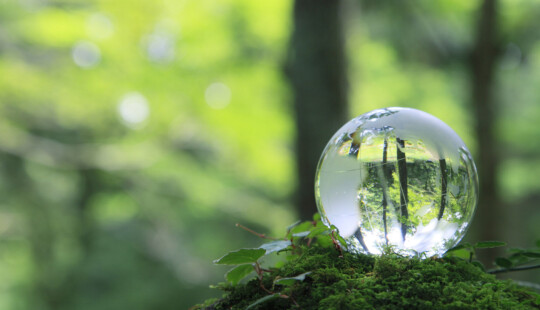Together with its global network, SAP co-innovates in crucial areas like education and access to technology in order to help the world run better and improve people’s lives. In times like the present, new ways of innovation are needed — and sometimes it is the smallest among us that surprise us the most.
Last month, sixth and seventh graders in Denmark were given the opportunity to participate in virtual coding classes through a collaboration among the The Danish ITC Industry Association, some of its members, and Sofaskolen or “the couch school.”
They are offering daily free virtual live tutorials for primary school pupils amid COVID-19, on YouTube and on the national television channel TV2. Sofaskolen reached out to The Danish ITC Industry Association to create a virtual Coding Class.
SAP Denmark is a founding member of the Coding Class concept and since 2016 has been supporting the project to help close the digital skills gap. This is the first time that the Coding Class has been offered virtually.
Together with NNIT, a founding member of the Coding Class concept, and Netcompany, a supporter of the concept,challenged the children’s creativity on three themes in the virtual class:
- Code for the Climate: SAP asked students to develop a solution that makes us better at looking after the climate, such as through an app or game that supports recycling or helps avoid food waste. To prepare the children, they had been introduced to basic design thinking and Scratch coding the day before.
- Code for the Body: NNIT wanted students to come up with a solution that makes us move more because too many sit down too much and move too little. This solution could, for example, be an app or game that brings exercise to work or movement into a school day in a fun way.
- Code for Love: Netcompany focused on the fact that many people are too lonely, especially right now during lock down. They asked students to come up with solutions that bring people into contact with each other, for example, through a solution that allows grandparents and grandchildren to get to know each other better, or that allows neighbors to discover that they have common interests.
For three days, the students worked in small virtual groups on one of the above issues. At the end of the course, the ideas were pitched to the companies that provided them with feedback on their creative solutions, similar to the television show “Dragons Den.”
Louise Ferslev, CEO of MyMonii and known from the television show “Løvens Hule,” the Danish version of “Dragons Den,” coached the children on how to pitch their ideas to the companies.
Although the teaching took place in a virtual environment on sofaskolen.dk, a free COVID-19 online education initiative from Alinea, there was plenty of interaction during the week and the organizers were impressed by the variety of ideas and the quality of the pitches and video techniques the pupils came up with.
A brave new tech-savvy and environmentally aware generation is on its way.



